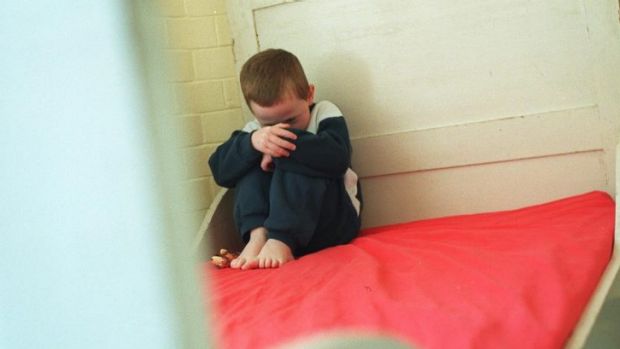
A report commissioned by Adults Surviving Child Abuse found that the economic impact of unresolved childhood trauma in Australian adults was $9.1 billion annually.
Australia’s leading childhood trauma support and advocacy group has proposed improved training for health professionals as part of recommendations to reduce the cost of untreated childhood suffering.
A report commissioned by Adults Surviving Child Abuse found that the economic impact of unresolved childhood trauma in Australian adults was $9.1 billion annually.
ASCA president Dr Cathy Kezelman said the figure was conservative and the real cost for Australia’s estimated five million adult survivors of childhood trauma could be much higher.
The research, by Pegasus Economics and to be released on Wednesday, looked at four main symptoms of childhood trauma: alcohol abuse, mental illness, obesity and suicide or attempted suicide.
“There is a potential enormous saving if we start to actively intervene in trauma, rather than just addressing the symptoms,” Dr Kezelman said.
The research forms part of an ASCA submission to the federal government before the May budget.
The report recommends that costs could be reduced through improved training for healthcare providers to help them identify underlying childhood trauma or abuse and make appropriate referrals.
It also proposes raising awareness of the possibility of unresolved childhood trauma in patients and better investment in specialist services, including helplines and online services.
“As we improve education and training for professionals and everyone who is in contact with survivors, people will start to ask the right questions and know how to respond appropriately,” Dr Kezelman said.
“By intervening in that way there will be substantial savings in health care, social security support and lost tax revenue. It’s an absolute travesty that in this country we are not providing services that enable people to recover and live their lives to full potential.”
The report comes after the Royal Commission into Institutional Responses to Child Sexual Abuse found that a redress scheme for victims of abuse committed in organisations such as churches and schools would cost $4.3 billion over 10 years.
Nicholas Hossack, a principal of Pegasus Economics, which conducted the research, used data from the royal commission, the Australian Bureau of Statistics, the Australian Institute of Health and Welfare and the US Adverse Childhood Experiences Study in his economic modelling to define the cost of unresolved childhood trauma.
“The unsustainable nature of the budget is due primarily to health spending and social security spending,” he said.
“When you look at health, there is the ageing population but there is also a high incidence of alcohol abuse, depression and anxiety and obesity. These are causing huge drains on the health budget. Unresolved trauma in childhood is a major driver of those health issues.”
He estimated the cost of mental illness to be $7686 a person annually, followed by obesity ($6042), suicide or attempted suicide ($5281) and alcohol abuse ($4983).
Public money would be better spent on prevention and early intervention rather than treating symptoms, he said.
“Are we just cutting the head off the weed off and not actually addressing the root?” he said. “Unless you address the root, it’s just going to keep growing.”
